Who doesn’t love the sweet and savory magic of teriyaki chicken? It’s that dish we often find ourselves craving, thanks to its deliciously sticky sauce and tender bites of chicken. As we sit down to enjoy this favorite, our four-legged friends are often right there, gazing up at us with those big, hopeful eyes. “Can I have some?” they seem to ask. It’s hard to resist sharing just a little bit of our meal with them, but when it comes to teriyaki chicken, should we?
As devoted dog parents, we’re always on the lookout for what’s best for our furry family members, especially when it comes to their diet. Sure, we know chocolate is off-limits and that not all human foods are dog-friendly, but what about teriyaki chicken? With its complex flavors and ingredients, it’s worth taking a closer look to ensure our casual sharing doesn’t inadvertently harm our beloved pups.
So, grab a seat, perhaps a piece of teriyaki chicken for yourself, and let’s dive into this tasty dilemma together. We’ll unpack what’s in that mouthwatering dish and see if it’s a good idea to let our dogs indulge in a bite or two. After all, sharing is caring, but when it comes to our dogs, we want to share wisely.
Can Dogs Eat Teriyaki Chicken?
When it comes to whether dogs can eat teriyaki chicken, the short answer is it’s best to avoid feeding this dish to your furry friend. While chicken itself is a great source of protein for dogs, the teriyaki sauce poses several health risks. Teriyaki sauce contains high levels of sodium, which can be harmful to dogs, potentially leading to salt poisoning if consumed in large quantities. Additionally, ingredients commonly found in teriyaki sauce, such as garlic and onions, are toxic to dogs and can lead to digestive upset or more severe health issues. The sugar content in the sauce can also contribute to obesity and dental problems over time.
Moreover, if the teriyaki chicken is cooked with bones, it poses a choking hazard and can cause internal damage or blockages. Given these concerns, it’s safer to stick to plain, cooked chicken without any added sauces or seasonings if you want to share some poultry with your pup. Always consult with your veterinarian about the best dietary choices for your dog to ensure they maintain a healthy and balanced diet.
What is Teriyaki Chicken?
 Teriyaki Chicken
Teriyaki ChickenTeriyaki chicken is a dish that effortlessly bridges cultures, bringing a piece of Japanese culinary tradition to tables around the world. At its core, teriyaki chicken is about simplicity and flavor. It usually involves chicken pieces—whether they be thighs, breasts, or wings—that are marinated or basted in teriyaki sauce, then grilled, broiled, or pan-fried until they reach a perfect balance of juicy tenderness and a slightly charred exterior. The result is a dish that’s both comforting and exciting, offering a taste experience that’s deeply satisfying.
Description of Teriyaki Chicken, Focusing on Common Ingredients
The star ingredient, without a doubt, is the chicken. The choice of cut varies, but the aim is always to ensure the chicken can soak up the marinade and retain a moist, flavorful texture through cooking. But what truly sets teriyaki chicken apart is not just the meat itself but the teriyaki sauce it’s paired with. This sauce transforms the simple chicken into a dish with a rich, complex flavor profile.
Highlight the Primary Components of the Teriyaki Sauce
Teriyaki sauce, with its glossy allure, is a marvel of balance in the culinary world. At its most basic, the sauce is a mixture of soy sauce, mirin (a sweet rice wine), and sugar. Soy sauce brings depth and umami, a savory taste that’s both bold and grounding. Mirin, with its sweetness, complements the soy sauce, adding a subtle richness that doesn’t overpower. Sugar, often in the form of brown sugar for its molasses notes, enhances the sauce’s sweetness and helps create that signature sticky glaze we all love.
Some variations of the sauce might include additional ingredients such as sake (another type of rice wine), garlic, ginger, or even a touch of sesame oil, each adding layers of flavor. The garlic and ginger can introduce a slight kick, a warmth that underlines the sweetness, while sesame oil adds a nutty, aromatic quality that rounds out the sauce beautifully.
Together, these ingredients create a teriyaki sauce that’s more than just a condiment; it’s a journey through flavors, each spoonful a harmony of sweet, savory, and tangy notes. When brushed over chicken and cooked to perfection, it creates a dish that’s not only delicious but tells a story of culinary fusion and tradition. Teriyaki chicken, in all its simplicity, becomes a testament to the power of good ingredients coming together to create something truly memorable.
Basic Nutrition Needs of Dogs
Dogs, much like humans, require a well-rounded diet that provides all the necessary nutrients for optimal health. These nutrients include proteins, fats, carbohydrates, vitamins, minerals, and water. Each plays a vital role in maintaining different bodily functions and contributing to a dog’s overall well-being.
- Proteins: Essential for growth, repair, and maintenance of body tissues. Proteins also support the immune system and are vital for the production of hormones and enzymes. High-quality animal-based proteins should be a significant part of a dog’s diet to ensure they’re getting all the essential amino acids.
- Fats: A concentrated source of energy, fats also facilitate the absorption of fat-soluble vitamins (A, D, E, and K) and provide essential fatty acids that support skin and coat health.
- Carbohydrates: While not technically essential, carbohydrates provide a valuable energy source and contribute to a healthy digestive system when sourced from vegetables and whole grains.
- Vitamins and Minerals: These are crucial for metabolic processes. A balanced intake of vitamins and minerals supports everything from bone health to muscle function and nerve signaling.
- Water: Often overlooked, water is perhaps the most crucial nutrient. Adequate hydration is essential for all bodily functions, including digestion, circulation, and waste excretion.
The Importance of a Balanced Diet for Dogs
A balanced diet is the cornerstone of a healthy life for dogs. It goes beyond merely providing nutrition; it impacts their energy levels, physical health, and even their behavior. Here are key reasons why a balanced diet matters:
- Prevents Nutritional Deficiencies and Excesses: Ensuring that dogs receive the right amounts of nutrients prevents deficiencies that can lead to health issues, as well as excesses that can be just as harmful.
- Supports Optimal Growth and Development: For puppies, a balanced diet supports proper growth. For adult dogs, it maintains their health and vitality. For seniors, it helps manage the changes that come with aging.
- Maintains a Healthy Weight: Obesity is a growing concern in pets and can lead to numerous health issues. A balanced diet helps manage a dog’s weight and reduces the risk of obesity-related conditions.
- Enhances Immune Function: Proper nutrition supports a robust immune system, helping dogs fend off diseases and recover more quickly when they do fall ill.
- Improves Quality of Life: A well-nourished dog is more likely to have a healthy skin and coat, good muscle tone, and a suitable energy level for daily activities.
In summary, while the specifics of each dog’s dietary needs can vary based on factors like age, breed, size, and health status, the fundamental requirement for a balanced diet remains constant. It’s not just about filling their bowl; it’s about fulfilling their needs. Consulting with a veterinarian can help tailor a diet plan that meets your dog’s specific nutritional requirements, ensuring they lead a happy, healthy life.
Potential Health Risks of Teriyaki Chicken for Dogs
Feeding teriyaki chicken to dogs introduces several potential health risks, primarily due to the high sodium content inherent in the dish. Understanding the impact of high sodium on a dog’s health is crucial for pet owners to make informed decisions about their furry friend’s diet.
High Sodium Content
Teriyaki sauce, a key component of teriyaki chicken, is typically rich in sodium, thanks to its soy sauce base. While sodium is an essential mineral in small amounts, necessary for nerve and muscle function among other physiological processes, the quantities found in teriyaki chicken can far exceed what is considered safe for dogs.
Explanation of How High Sodium Can Affect a Dog’s Health
Excessive sodium intake can lead to several health issues in dogs. In the short term, it may cause increased thirst and urination as the body tries to balance sodium levels. Over time, however, high sodium intake can lead to more severe conditions, including:
- Hypertension (High Blood Pressure): Chronic high sodium can put extra strain on the cardiovascular system, leading to hypertension. This condition can further stress the heart and kidneys, potentially leading to chronic kidney disease or heart failure.
- Dehydration: The increased thirst that comes with high sodium intake might not always be enough to offset the dehydrating effects of salt, especially if the dog doesn’t have access to sufficient water.
- Electrolyte Imbalances: Sodium is part of the body’s electrolyte balance. Too much can disrupt this balance, leading to disorientation, weakness, and in severe cases, seizures.
The Risk of Salt Poisoning
One of the most acute dangers of feeding a dog teriyaki chicken is the risk of salt poisoning, also known as hypernatremia. This condition occurs when the intake of salt significantly exceeds the body’s capacity to excrete it, leading to symptoms such as vomiting, diarrhea, excessive thirst and urination, lethargy, incoordination, tremors, seizures, and in severe cases, death.
Salt poisoning requires immediate veterinary attention. Treatment typically involves careful administration of intravenous fluids to gradually lower the sodium levels in the blood and monitoring to prevent swelling of the brain, which can occur as the body attempts to rebalance its electrolyte levels.
Given these potential health risks, it’s advisable to avoid feeding teriyaki chicken, or any high-sodium foods, to dogs. Opting for low-sodium, dog-safe food options can help ensure your pet remains healthy and happy. Always consult with a veterinarian if you’re unsure about the safety of certain foods for your dog or if you suspect your dog has consumed something potentially harmful.
Garlic and Onions
Teriyaki chicken recipes often include garlic and onions, both of which belong to the Allium family. These ingredients, while flavorful for humans, are toxic to dogs.
Toxicity of Garlic and Onions to Dogs
Garlic and onions contain compounds that can cause oxidative damage to red blood cells in dogs, leading to hemolytic anemia. This condition results in the body destroying its own red blood cells, which are crucial for transporting oxygen throughout the body.
Symptoms of Toxicity in Dogs
Symptoms of garlic and onion toxicity in dogs may not appear immediately and can include lethargy, weakness, decreased appetite, pale gums (a sign of anemia), red or brown urine, vomiting, diarrhea, and abdominal pain. Severe cases can be life-threatening and require urgent veterinary care.
Sugar Content
Teriyaki sauce often contains sugar or other sweeteners to achieve its signature taste. While sugar is not toxic to dogs in the same way as garlic or onions, its effects can be harmful over time.
Effects of Excessive Sugar on Dogs, Including Obesity and Diabetes
Regular consumption of sugary foods can lead to weight gain and obesity in dogs, just as it can in humans. Obesity, in turn, increases the risk of other health problems, such as diabetes mellitus, joint issues, and heart disease. Sugar can also contribute to dental health issues, including tooth decay and gum disease.
Bone Hazards
When teriyaki chicken is prepared with bones, it poses an additional risk to dogs. Cooked chicken bones can be particularly dangerous.
Risks Associated with Cooked Chicken Bones
Cooked bones, unlike their raw counterparts, are more likely to splinter when chewed. These splinters can cause choking or obstruct or puncture the gastrointestinal tract, leading to serious injuries or infections such as peritonitis. These conditions are emergency situations that require immediate veterinary intervention.
Given the risks associated with the garlic and onions, high sugar content, and the hazards of cooked bones, it’s clear that teriyaki chicken is not a safe food option for dogs. Pet owners should be cautious about feeding their dogs any human food and always prioritize their pets’ health by sticking to a diet recommended by veterinary professionals. If you’re ever in doubt about whether a particular food is safe for your dog, the best course of action is to consult with your veterinarian.
How to Respond If Your Dog Eats Teriyaki Chicken
If your dog accidentally eats teriyaki chicken, it’s important to respond calmly and promptly to mitigate any potential health risks associated with the ingredients in the dish. Here’s what you should do:
Steps to Take If a Dog Accidentally Consumes Teriyaki Chicken
- Assess the Amount Consumed: Try to determine how much teriyaki chicken your dog has eaten. A small bite may not cause significant harm, but larger amounts, especially for small dogs, can be more concerning due to the high sodium content, garlic, onions, and sugar.
- Observe Your Dog: Watch for any immediate signs of distress or allergic reactions. Symptoms to look out for include excessive thirst, vomiting, diarrhea, lethargy, or difficulty breathing.
- Provide Water: Make sure your dog has access to plenty of fresh water. Eating salty foods like teriyaki chicken can cause dehydration and increase thirst.
- Do Not Induce Vomiting Unless Instructed: Do not attempt to induce vomiting in your dog unless specifically directed by a veterinarian. Doing so improperly can cause additional health issues.
When to Contact a Veterinarian
It’s crucial to know when to seek professional veterinary care. Contact your veterinarian if:
- Your Dog Consumes a Large Amount: If your dog eats a significant portion of teriyaki chicken, especially if it contains bones, or if your dog is small and more susceptible to salt poisoning and other toxic effects.
- Symptoms Develop: If your dog shows any signs of illness after eating teriyaki chicken, such as vomiting, diarrhea, excessive thirst or urination, lethargy, or signs of abdominal pain.
- Your Dog Has Preexisting Health Conditions: Dogs with preexisting conditions like diabetes, heart disease, or kidney issues may be more at risk from consuming inappropriate foods.
- You’re Unsure: If you’re uncertain about how much your dog has consumed or if you’re concerned about potential toxicity, it’s always safer to consult with a vet.
Your veterinarian can provide guidance based on the specific circumstances of your dog’s exposure to teriyaki chicken. They may recommend bringing your dog in for an examination or offering advice on monitoring your pet at home. In some cases, they might suggest treatments to mitigate the effects of sodium and other harmful ingredients, such as administering intravenous fluids for dehydration or electrolyte imbalances.
Preventing access to foods that are unsafe for dogs is the best strategy, but accidents happen. Knowing how to respond when they do can help keep your furry friend safe and healthy.
Conclusion
Throughout our discussion, we’ve explored various facets of why teriyaki chicken, despite being a beloved human food, is not suitable for dogs. The high sodium content, presence of toxic ingredients such as garlic and onions, added sugars, and the dangers posed by cooked bones make teriyaki chicken a risky choice for canine consumption. These elements can lead to health issues ranging from salt poisoning and dehydration to more severe conditions like hemolytic anemia and gastrointestinal injuries.
The overarching theme of our exploration emphasizes the critical importance of adhering to a diet that meets the nutritional needs of dogs. While it’s tempting to share our meals with our furry friends, understanding the potential risks and maintaining a healthy, balanced diet tailored to their needs is paramount for their well-being.
Final Thoughts on Feeding Teriyaki Chicken to Dogs and the Importance of Maintaining a Healthy Diet for Pets
Feeding dogs teriyaki chicken can pose significant health risks and is not recommended. As responsible pet owners, our goal should always be to provide a diet that supports our dogs’ health, vitality, and longevity. This involves offering foods that are safe, nutritious, and aligned with their dietary requirements, while avoiding those that can cause harm.
FAQs
Can dogs have soy sauce?
Soy sauce is high in sodium and can be harmful to dogs, even in small amounts. It’s best to avoid giving your dog food that has been seasoned with soy sauce to prevent the risk of sodium-related health issues.
What are the symptoms of salt poisoning in dogs?
Symptoms of salt poisoning in dogs can include vomiting, diarrhea, excessive thirst or urination, lethargy, incoordination, tremors, seizures, and in severe cases, death. If you suspect your dog has salt poisoning, contact a veterinarian immediately.
How can I make dog-friendly chicken at home?
To make dog-friendly chicken at home, simply cook plain chicken with no added seasonings, garlic, onions, or sauces. Boiling chicken breast until fully cooked and then shredding it is a straightforward and safe way to prepare chicken for your dog. This method ensures the chicken is easy to digest and free from harmful ingredients, making it a healthy addition to your dog’s diet.
In conclusion, while sharing our favorite dishes with our pets can be a tempting sign of affection, it’s crucial to prioritize their dietary needs and health above all. By understanding what is safe and beneficial for them to eat, we can ensure they lead happy, healthy lives by our sides.


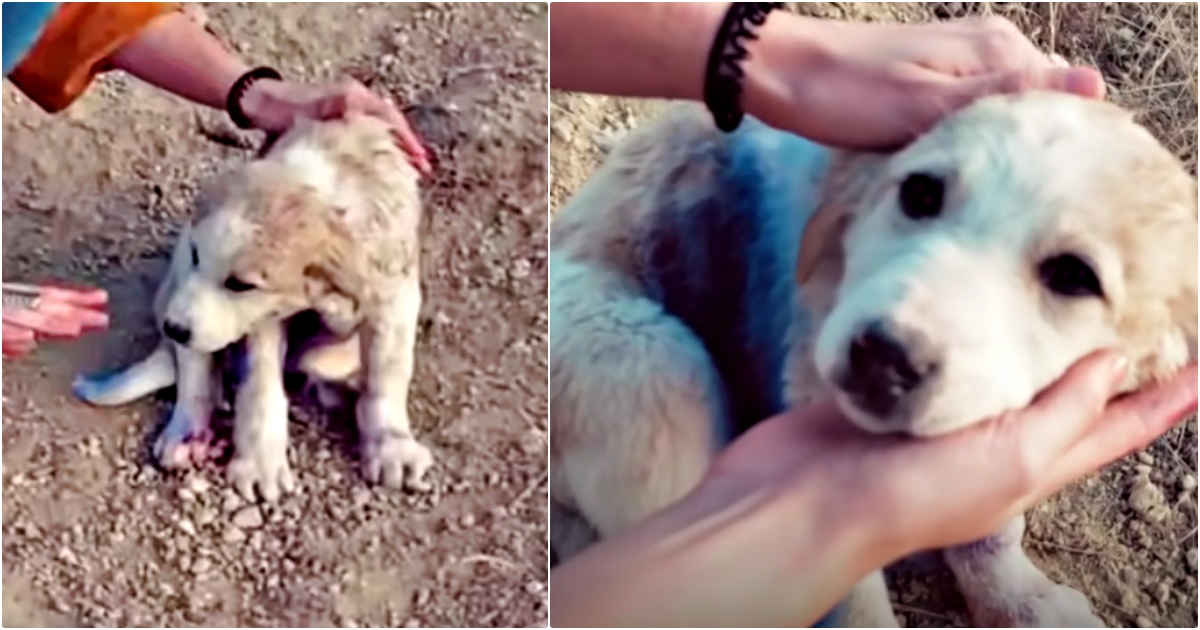

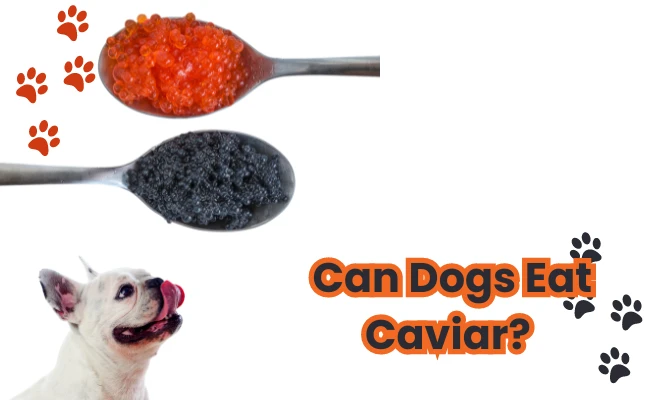










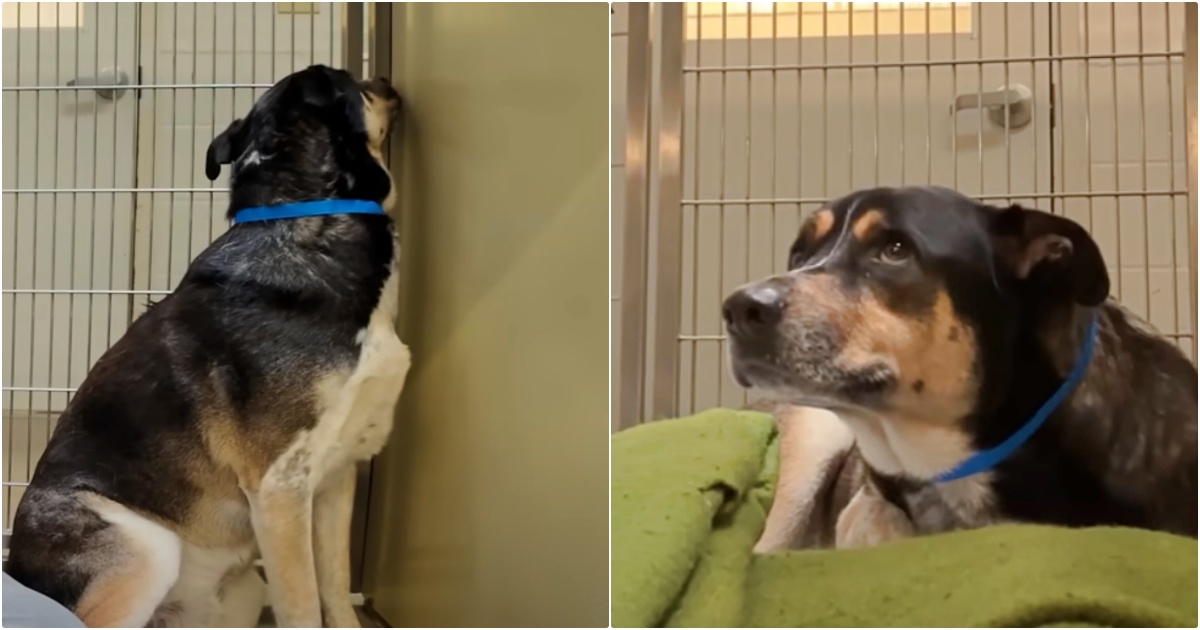
![Cost of a Borzoi Puppy by US Region [2024]](https://iheartdogs.com/wp-content/uploads/2024/04/borzoi-4950553_1280.jpg)
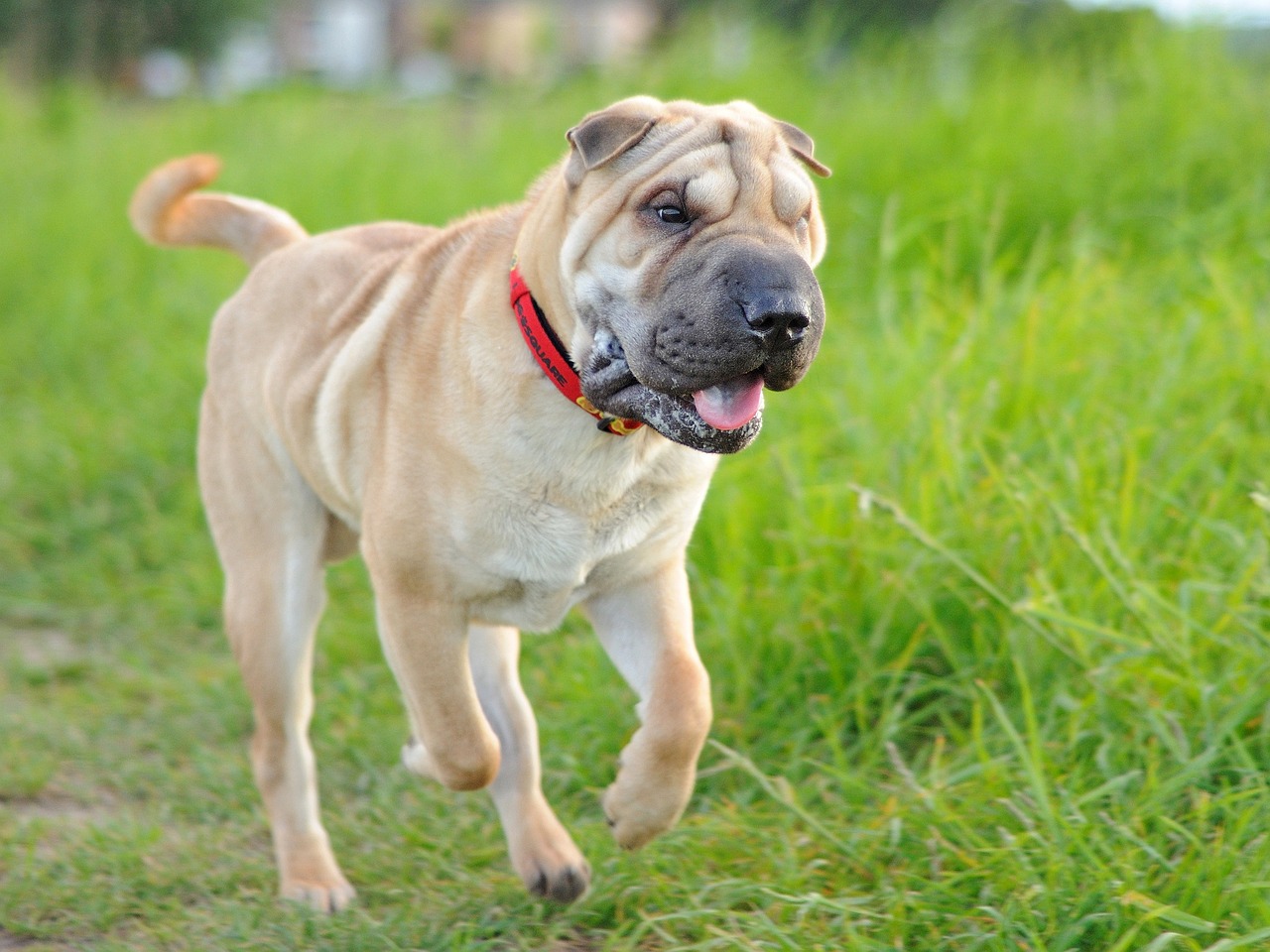
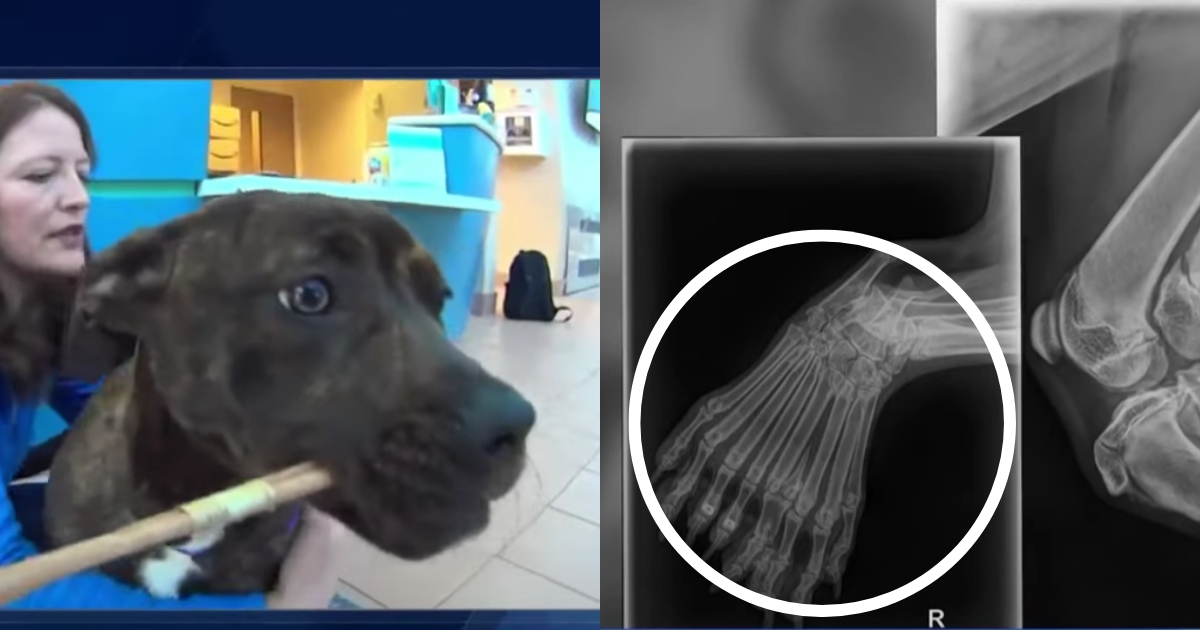
 English (US) ·
English (US) ·